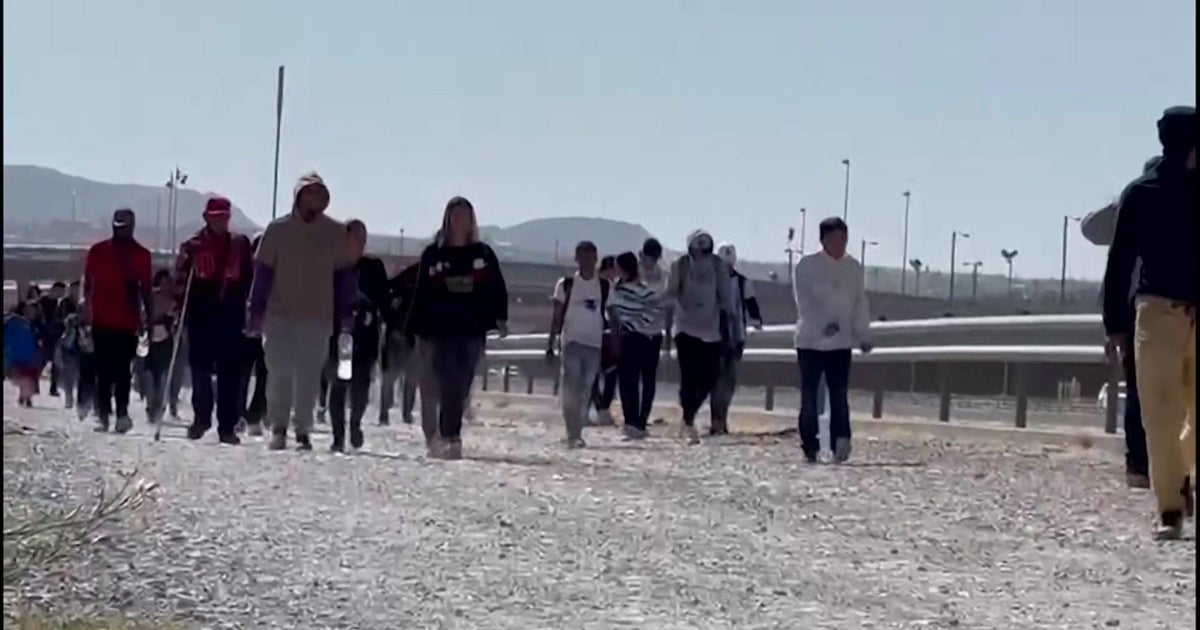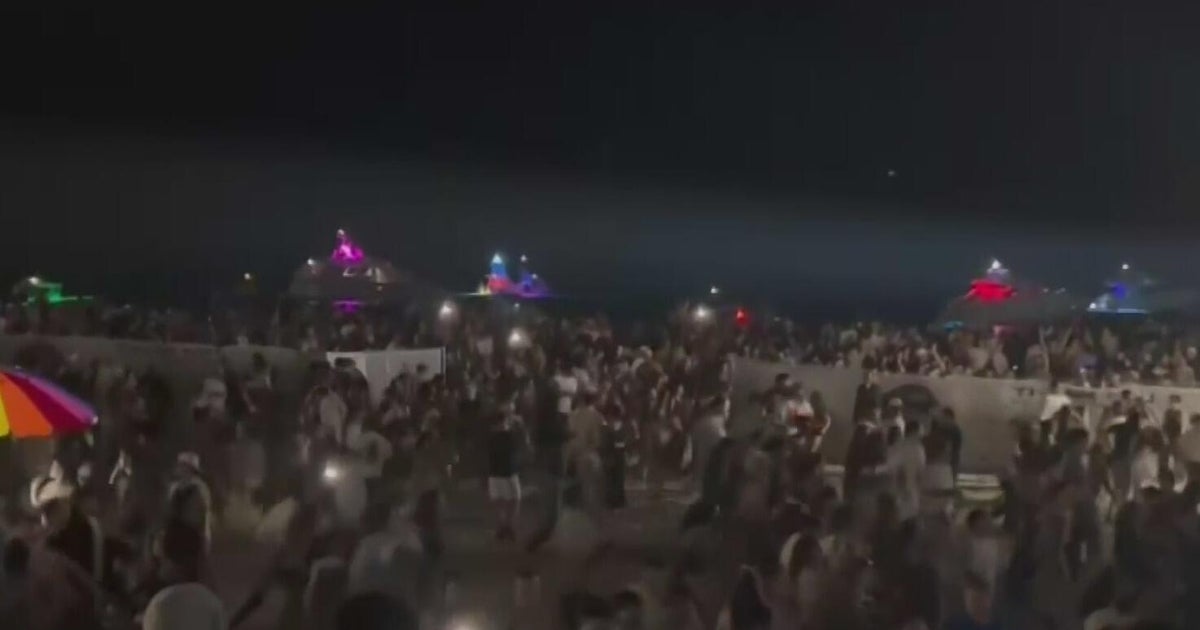MIAMI – Immigrants across South Florida are expressing growing anxiety over possible mass deportations, a campaign promise by President-elect Donald Trump.
With many local immigrants benefiting from temporary programs under the Biden administration, the looming policy shift has left them concerned about their future.
As CBS News Miami reported from Little Havana, many immigrants, including those from Cuba, Nicaragua, Venezuela, and Haiti, have been residing in the U.S. under a program called “Humanitarian Parole.”
This initiative allowed individuals from these countries to live in the U.S. for two years, provided they had a sponsor. For many of these immigrants, that two-year period is now ending, leaving them uncertain about what comes next.
One woman, who asked not to be identified for her safety, explained that many Cubans, Nicaraguans, and Venezuelans came to the U.S. fleeing oppressive regimes.
“Maria,” as we called her, entered through the southern border and is one of many facing an uncertain future.
Nationals from these countries, as well as Haitians, represented a large share of those crossing the U.S.-Mexico border in 2023.
Elvis Alvarado, an undocumented immigrant from Guatemala, expressed a different perspective.
Alvarado, who has sought work daily at a local Home Depot for over a decade, said he supported Trump’s presidential bid, hoping stricter border control would bring more job stability for those already in the U.S.
He remains unconcerned about his own deportation status.
According to immigration attorney Willie Allen, those at greatest risk are the thousands who came under Humanitarian Parole.
“I’m most worried about the humanitarian parolees, that’s a significant number,” he said. Allen explained that while approximately 120,000 Cubans may be protected by the Cuban Adjustment Act and Venezuelans might have Temporary Protected Status (TPS), others could be more vulnerable.
“Haitians, about 200,000 of them, and 90,000 Nicaraguans could face deportation if these programs are rolled back,” Allen noted.
Their only option may be to apply for political asylum, but Allen warns that the process could become more challenging under the incoming administration.
“I expect that those applications for asylum and work permits are going to be difficult to obtain,” he said, stressing that the timing and political climate may make it an uphill battle for many hoping to stay in the U.S.



